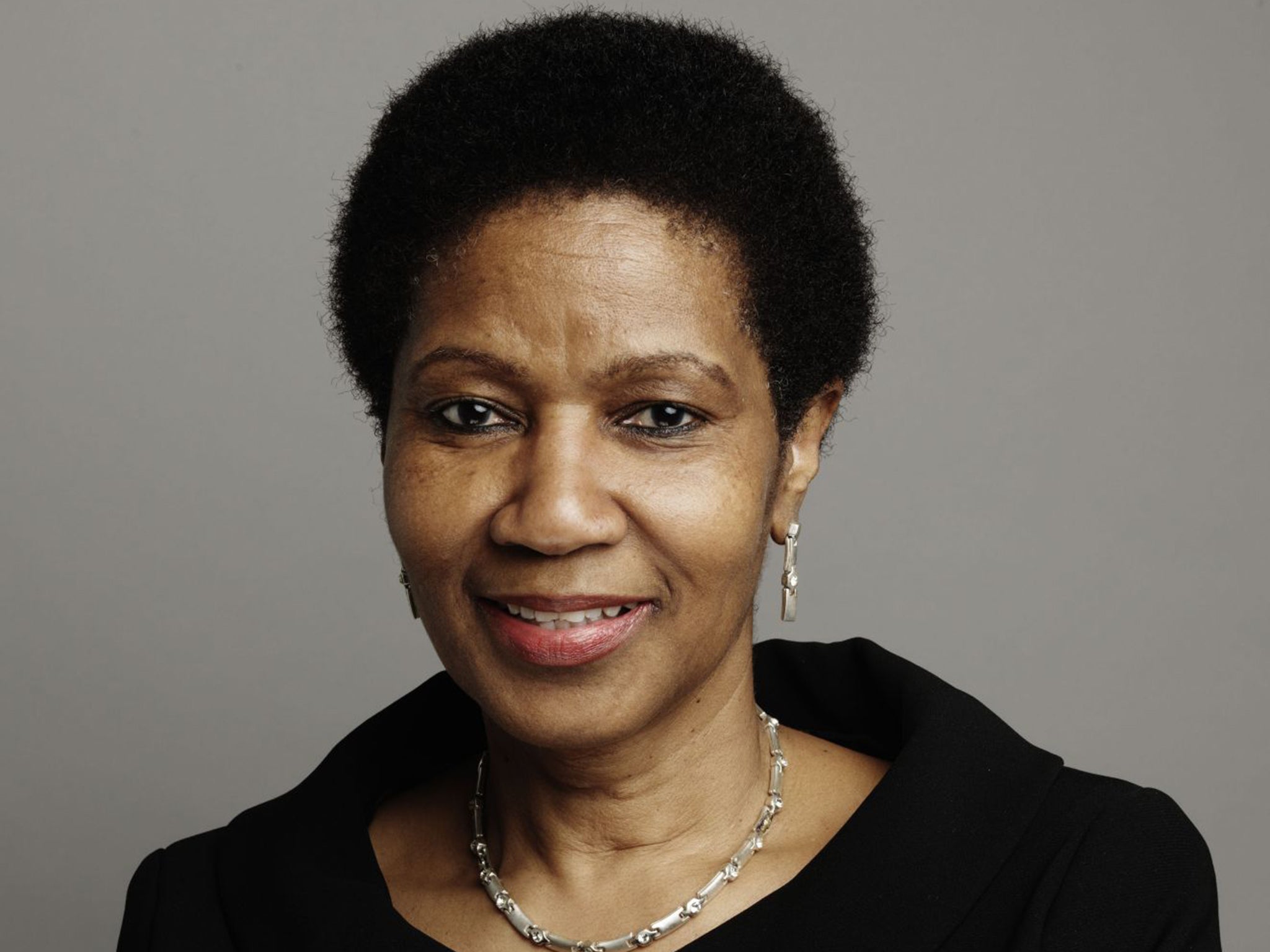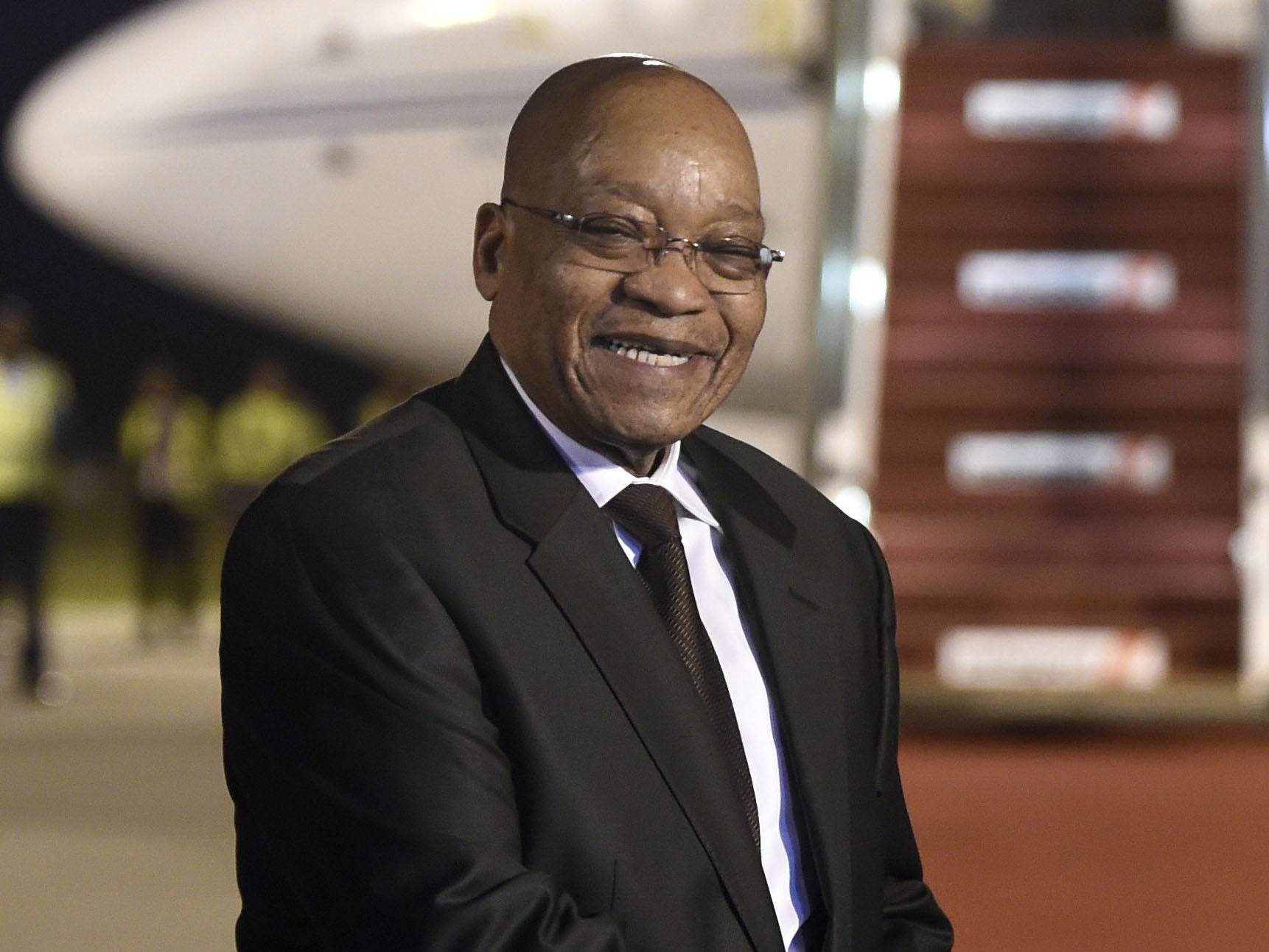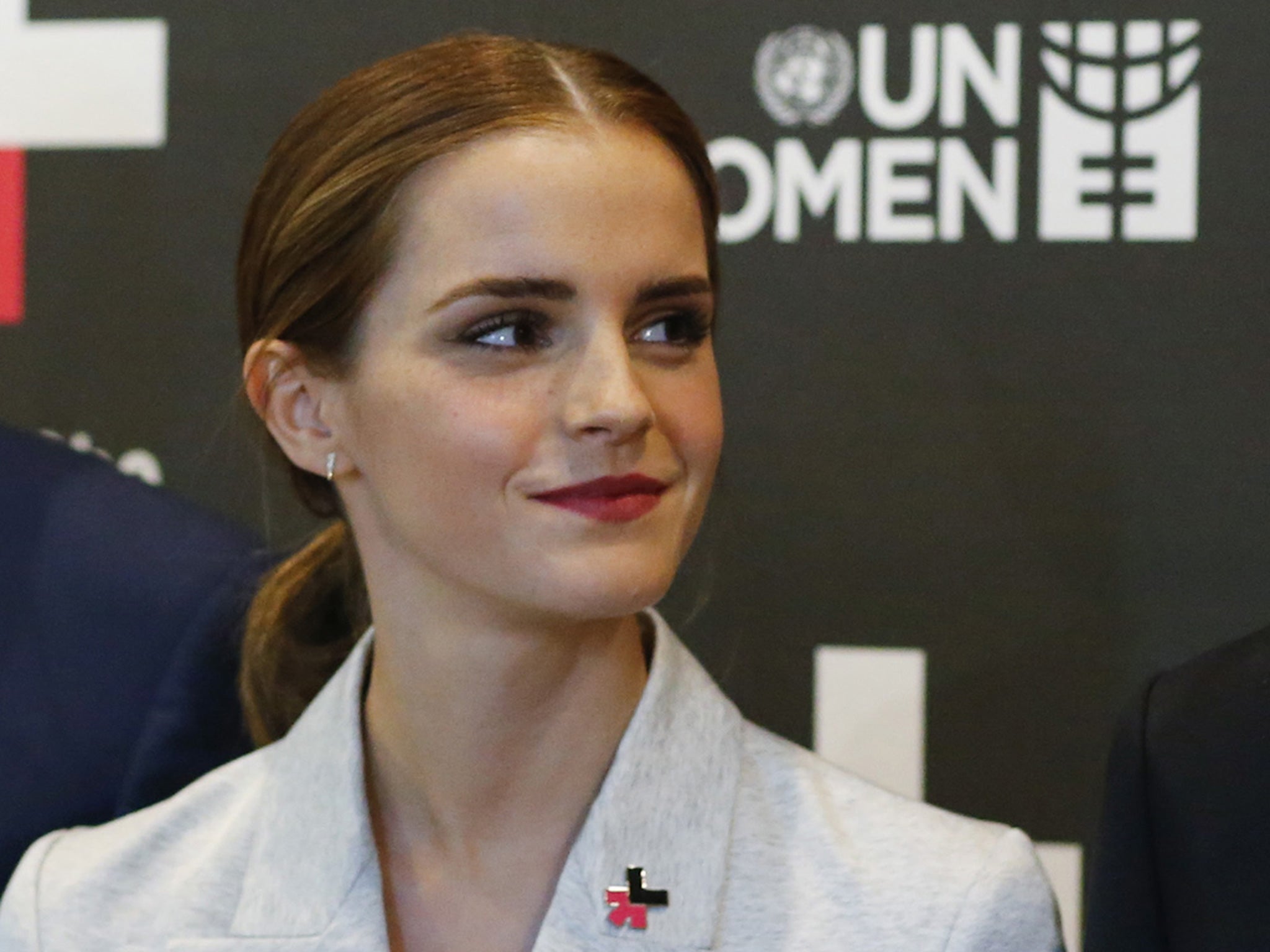Phumzile Mlambo-Ngcuka: Home can be the unsafest place for women
The architect of the HeForShe movement and head of UN Women on the world's failure to combat domestic violence

Your support helps us to tell the story
From reproductive rights to climate change to Big Tech, The Independent is on the ground when the story is developing. Whether it's investigating the financials of Elon Musk's pro-Trump PAC or producing our latest documentary, 'The A Word', which shines a light on the American women fighting for reproductive rights, we know how important it is to parse out the facts from the messaging.
At such a critical moment in US history, we need reporters on the ground. Your donation allows us to keep sending journalists to speak to both sides of the story.
The Independent is trusted by Americans across the entire political spectrum. And unlike many other quality news outlets, we choose not to lock Americans out of our reporting and analysis with paywalls. We believe quality journalism should be available to everyone, paid for by those who can afford it.
Your support makes all the difference.When actress Emma Watson made her landmark HeForShe speech entreating men “to take up the mantle” of women’s rights at the United Nations last September, she eclipsed another woman who took the podium earlier that day. A woman who is responsible for defending the rights of more than half the world’s population – but of whom most people have never heard.
Phumzile Mlambo-Ngcuka, the head of UN Women and former deputy president of South Africa, knows a little more about worldwide gender inequality than the former Harry Potter star, but she is relaxed about letting Watson take the limelight.
“There are lots of people who do not care what I have to say because I’m one of the usual suspects,” she says modestly. “Also, I just don’t have that reach. People who follow me are more or less the converted. But when you have someone with a captive audience, especially a youth audience, you reach out to new people.”

In the coming weeks, she says, several major multinationals will endorse HeForShe and “announce policies or actions to increase gender equality”. It is this sort of tangible change that Watson has helped her department achieve.
Tomorrow Ms Mlambo-Ngcuka and her colleagues will launch the findings of a major UN study into the progress of the world’s women in 2015. It will be an opportunity to take stock of the biggest barriers for women in the 21st century.
The world’s failure to combat domestic violence – and the need for men to help push for a cultural shift – will be at the heart of her message. It is for this reason that she struggles to single out a country whose record on gender inequality worries her most. “All countries worry me because of the universality of violence against women. The fact that 75 per cent of violence against women is domestic violence is the issue.”
With domestic violence, she says, no country can sit on its laurels. “The home is the unsafest place for a woman to be. In most countries where we have laws against violence against women it does not mean these laws are being implemented.”
Using the principles of the HeForShe campaign, Ms Mlambo-Ngcuka knows that women cannot solve the problem alone. “It’s important to work with men and boys in every home and every community so you’re fighting this behaviour.”
She is the second head of UN Women, the international body’s newest department. It launched in 2010 with the former Chilean president, Michelle Bachelet, taking the helm for the first four-year term.
Ms Mlambo-Ngcuka was born in Durban, South Africa, in 1955, and trained as a teacher before turning to politics. As deputy president to Thabo Mbeki, she was the most senior female politician in South African history. But her political career came to an abrupt halt when Jacob Zuma took over the presidency.
Her husband, Bulelani Ngcuka, had been the chief prosecutor who initiated an investigation into Mr Zuma’s financial affairs and implicated him in corruption. The investigation forced Mr Zuma to step down as deputy president, and when he subsequently cleared his name and returned to politics as president, it was no surprise that Ms Mlambo-Ngcuka was among the first people to go.
Now 59, she has two sons and a daughter who have stayed in South Africa along with the rest of her family while she is in New York. She says she misses her home country and her family “terribly”, but her work helps to keep the separation in perspective. “To be away from your family is hard, but when I think of the things we’re trying to address and achieve and the lives of the people you are trying to help, there’s no comparison of the sacrifice I’m making compared to the lives they have. That keeps things in proportion; I’m not in prison; I’m not abducted like the Chibok girls.”
Does she feel her gender has ever held her back?
The answer, as with all of her responses, is carefully nuanced. “I’ve been a deputy president of a country, I’m the head of a UN agency and I’ve been able to go to school to doctorate level. I’ve had a past that’s better than others and I was determined. I don’t represent the norm.
“All that said, I can still be a victim of rape. I have not experienced it, but I could; these advantages do not completely insulate you [from inequality].”

While her gender may not have held back her career, she has had to withstand the sexism that comes with the territory as a minister in a male-dominated field. “When I was minister of mines in South Africa I had situations where I’d go to a country with a delegation and they would assume one of the men travelling with me was the minister”, she recalls. “It was comical. They assumed that for this job the minister has to be a man. It even happened in South Africa. A mining company had not realised that a woman had been appointed; my name is unisex so they just assumed I was a man.”
She treated the misunderstandings with grace. “The point makes itself in those situations, and you don’t want to make too much of it because the person is already embarrassed.”
Another less overt form of discrimination comes from within. Like many women in power she felt she had to do more to show she was the right person for the job.
“I felt the pressure to work harder in order to prove at every turn that I was not a token in my job. I think it’s still the case today [that people assume men are better]. Why would we have a pay gap at 24 per cent globally as an average otherwise?
Ms Mlambo-Ngcuka was once tipped to be South Africa’s first female president, before she was ousted by Mr Zuma. Would she ever make a return to politics in her home country? “It’s not on the cards right now,” she says carefully. “This is a huge job and I’d like to achieve what I can here.”
All of which is not quite a “no”. Perhaps we might still see President Mlambo-Ngcuka one day, after all.
Join our commenting forum
Join thought-provoking conversations, follow other Independent readers and see their replies
Comments